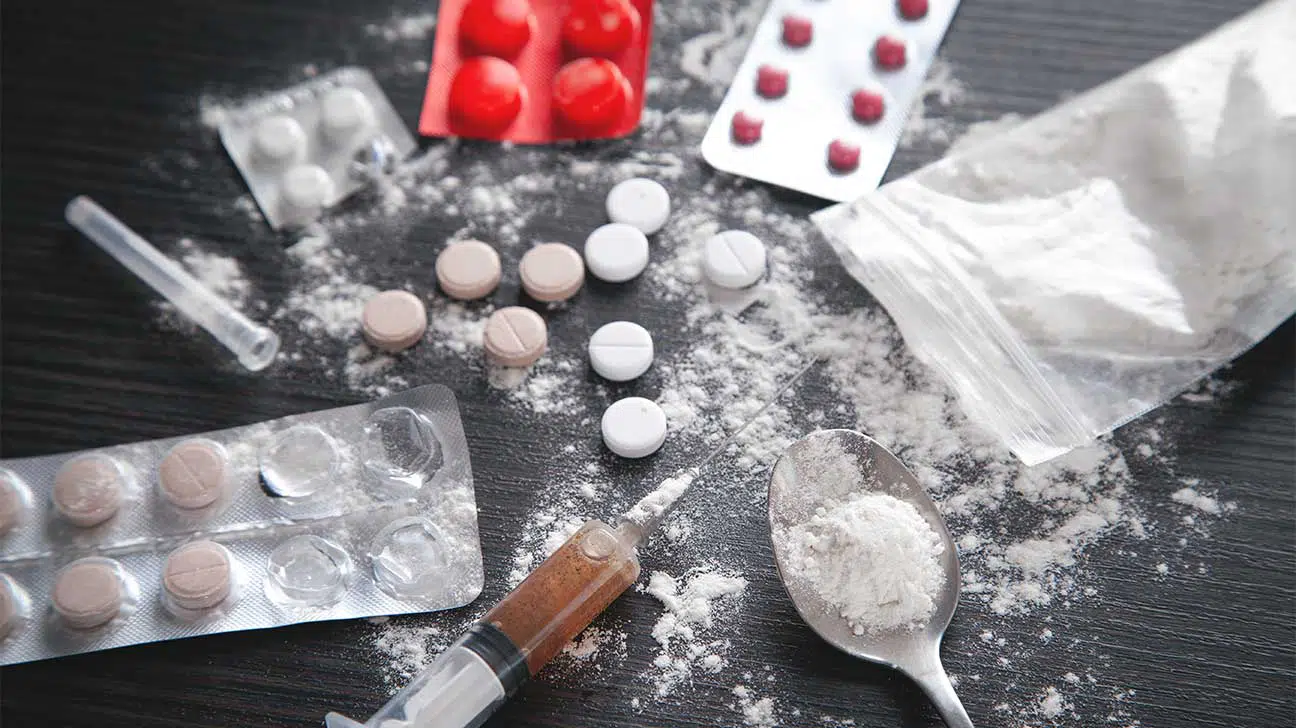
Mixing cocaine and Zoloft, known by its generic name as sertraline, can result in serious, life-threatening complications. In fact, mixing any antidepressant with cocaine is never a safe combination.
Cocaine, like many illicit drugs, can cause an increase of serotonin. Zoloft is a selective serotonin reuptake inhibitor (SSRI), and as the name suggests, this means it prevents the reuptake of serotonin in the brain.
Mixing these two drugs causes a massive influx of serotonin, creating dangerous levels of serotonin in the brain.
Learn more about what happens when you combine multiple drugs.
What Are The Risks Of Mixing Cocaine And Zoloft?
Some medical professionals have used Zoloft to treat cocaine addiction, but this does not mean that the two should be taken together.
Mixing cocaine and Zoloft can result in serious, life-threatening complications. In fact, mixing any antidepressant with cocaine is never a safe combination.
Leads To Serotonin Syndrome
The biggest concern with mixing cocaine and Zoloft is serotonin syndrome. This is a condition characterized by high levels of serotonin in the brain.
An overload on serotonin can lead to mild symptoms, including:
- excessive sweating
- low fever
- anxiety
- restlessness
- tremors
- increased heartbeat
- shaking and shivering
- diarrhea
- abnormal skin color
More serious side effects that can lead to death include:
- seizures
- coma
- delirium
Fatal serotonin syndrome is unlikely, but it is possible. If it’s treated early enough, the life-threatening symptoms of the syndrome can be reserved.
But according to Canadian Family Physician, severe serotonin syndrome was only fatal in 2% to 12% of cases in 2002, for example.
Why Might Someone Mix Cocaine And Zoloft?
This is not necessarily a common drug combination for those looking for a stronger high. People looking for a stronger high will often mix cocaine with heroin, MDMA, alcohol, or other substances.
However, people often end up mixing cocaine and Zoloft if they’re being treated for depression (with Zoloft) while abusing the drug (cocaine).
Because Zoloft is an effective antidepressant, many turn to this medication to ease the symptoms of depression and get their body back to normal.
Cocaine Addiction And Depression
Depression is a common co-occurring disorder with cocaine addiction. As a stimulant, cocaine activates the reward center of the brain creating strong feelings of self-confidence.
However, when people stop using cocaine or come to the end of a binge, they often experience a sharp peak in symptoms of depression. This furthers the cycle of addiction.
Mixing cocaine and Zoloft is dangerous, but treatment exists that addresses both addiction and depression, called dual diagnosis treatment.
Through dual diagnosis treatment, people facing cocaine abuse can begin to address the underlying causes of addiction and find healthy ways to treat co-occurring disorders like depression.
Find Treatment For Substance Abuse Today
If you or a loved one are facing substance abuse, you can find addiction treatment today. Call us to learn more about your treatment options, the recovery process, and how to get started.
Addiction Resource aims to provide only the most current, accurate information in regards to addiction and addiction treatment, which means we only reference the most credible sources available.
These include peer-reviewed journals, government entities and academic institutions, and leaders in addiction healthcare and advocacy. Learn more about how we safeguard our content by viewing our editorial policy.
- Drug Policy Alliance—10 Facts About Cocaine
https://drugpolicy.org/sites/default/files/cocainefacts_august_2018_1.pdf - U.S. National Library of Medicine—Recognition and treatment of serotonin syndrome
https://www.ncbi.nlm.nih.gov/pmc/articles/PMC2464814/#:~:text=Many%20cases%20of%20the%20syndrome,to%20serotonin%20syndrome%20in%202002. - U.S. National Library of Medicine—Antidepressant drugs appear to enhance cocaine-induced toxicity
https://pubmed.ncbi.nlm.nih.gov/10743914/


